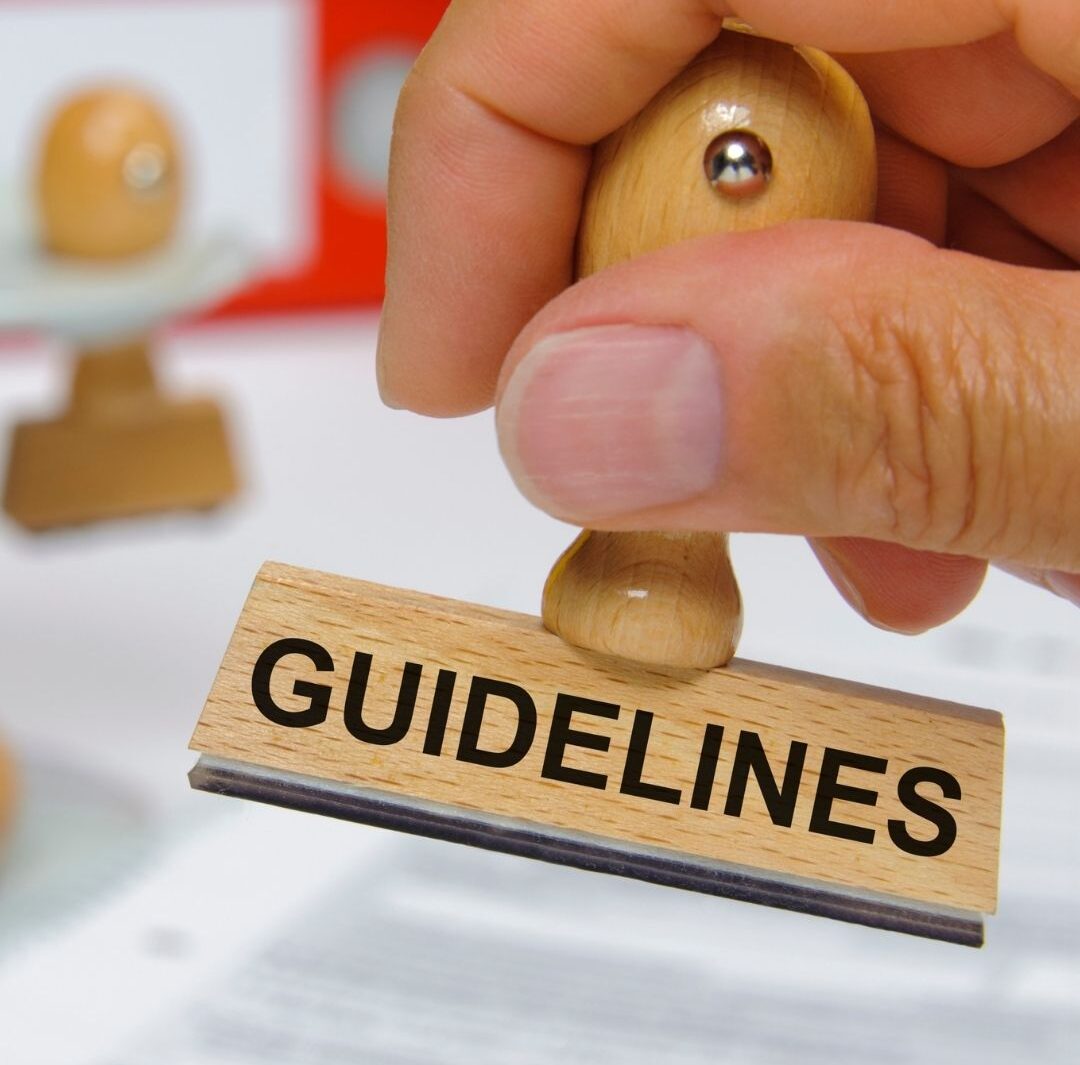WHO Unveils Groundbreaking Meningitis Protocols to Save Lives in India and Thailand
August 27, 2025 – The World Health Organization (WHO) has launched its first-ever global guidelines on meningitis diagnosis, treatment, and care, a pivotal step to curb the devastating impact of this disease, particularly in high-risk regions like India and Thailand. Released on August 26, 2025, these evidence-based recommendations aim to accelerate detection, optimize treatment, and enhance long-term care for meningitis, a disease that claimed approximately 236,000 lives globally in 2019.
Meningitis, an inflammation of the brain and spinal cord membranes, poses a significant threat, especially in the sub-Saharan African “meningitis belt” and parts of South and Southeast Asia, including India and Thailand. Bacterial meningitis, the most lethal form, can be fatal within 24 hours if untreated. The WHO’s new protocols address this urgency by providing clear, context-specific guidance for clinicians, particularly in low- and middle-income countries where the disease burden is highest.
Key Features of the Guidelines
The guidelines, aligned with the Defeating Meningitis by 2030 Global Roadmap, focus on children over one month, adolescents, and adults with acute community-acquired meningitis. They cover:
Rapid Diagnosis: Emphasis on lumbar puncture for cerebrospinal fluid (CSF) analysis before antibiotics, unless contraindicated, to identify pathogens accurately. The guidelines caution against delays due to unnecessary brain imaging, which can hinder timely treatment.
Targeted Treatment: Recommendations include immediate antibiotic therapy with extended-spectrum cephalosporins (e.g., ceftriaxone) for suspected bacterial meningitis, tailored to local antimicrobial resistance patterns. Intravenous corticosteroids like dexamethasone are advised to reduce inflammation and neurological complications.
Long-Term Care: Approximately one in five bacterial meningitis survivors face long-term issues such as hearing loss or cognitive impairment. The guidelines advocate for early recognition and management of these sequelae, with support for affected individuals to access rehabilitation services.
Indo-Thai Relevance
India and Thailand, both vulnerable to meningitis outbreaks due to dense populations and seasonal factors, stand to benefit significantly. In India, where Streptococcus pneumoniae and Neisseria meningitidis are prevalent, the guidelines support integrating meningitis management into existing public health frameworks like the National Health Mission. Thailand, with its robust healthcare system, can leverage these protocols to enhance epidemic preparedness, especially in tourist-heavy areas where rapid response is critical.
Dr. Priya Sharma, an infectious disease specialist in New Delhi, noted, “These guidelines provide a unified approach that can strengthen our response to meningitis, particularly in rural areas where diagnostic delays are common.” In Thailand, public health officials are exploring ways to align the guidelines with vaccination campaigns, given the country’s success in controlling vaccine-preventable diseases.
A Call to Action
The WHO’s guidelines are a clarion call for India and Thailand to bolster their healthcare systems against meningitis. By adopting these protocols, both nations can reduce mortality, minimize disabilities, and improve quality of life for survivors. The emphasis on community-level care and advocacy ensures that even remote areas can benefit from this global health milestone.



